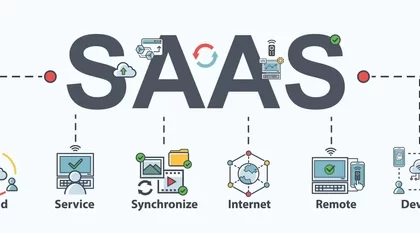Far from the development of the Microfinance policies is Tanzania there has been flexibility that enable timely operations of the microfinance institutions in accordance to the law governing time to time so as to ensure the effective operations of these institutions. The main objective of the National Microfinance Policy of 2001 is to establish a basis for evolution of an efficient and effective micro-financial system in the country that serves the low-income segment of the society and thereby contributes to the economic growth and improve people’s well being
This is based on the fact that the access to financial services by the low income earners gives them an opportunity of managing scarce household and enterprise resources more efficiently, protecting against risks and providing investment opportunities for economic returns (Kessy and Urio, 2006)
These policies are guided by a vision of achieving wide spread of microfinance throughout the country, made possible by institutions operating on commercial principles. Since the launching of the National Microfinance Policy in 2001, microfinance industry in Tanzania has increased significantly, with many players entering the field and several institutions are now involved.
This progresses to the Microfinance Policy governing up-to-date, to cover the wider range of services provided by the MFIs’, that is the 2010 Microfinance policy and the 2017 Microfinance Policy.
Types of Microfinance Institutions in Tanzania
Generally, there are two types of MFI, namely the informal microfinance institutions which include money lenders and money traders who charges interests in the form of cash or in kind. Others are such as Rotating Savings and Credit Associations (ROSCA) and Accumulated Savings and credit
Association (ASCAS). In second category is the semi-formal microfinance institution like NGOs-microfinance such as the promotion of Rural Development Enterprises (PRIDE), Small Enterprises Development Assistance (SEDA) and Foundation for International Community Assistance (FINCA) that offers micro-credit to the people. Another type of microfinance highly promoted in Tanzania is the “Credit and Saving Cooperative Unions” (SACCOS). Both SACCOS and NGOs-MFIs are referred to as semi or quasi formal financial institutions.
In order to operate the MFI have to obtain official registration from appropriate government authorities (i.e. The Registrar of Cooperatives and Non-Financial Government Agencies and Departments). Various authors have established that, the overall goal of MFIs’ as development organizations is to serve the financial needs of in-served on undeserved markets as a mean of meeting development objectives.
However, According to the enabling Act of the Parliament No.10 of 2018 Under Section 5(1) provides for numerous types of Microfinance institutions which states that
“For the purpose of this Act there shall be four tiers of Microfinance providers as follows;
a. Tier 1, shall comprise of deposit taking Microfinance service institutions,
b. Tier 2, shall comprise of non-deposit taking microfinance institutions such as individual money lenders
c. Tier 3, shall comprise of SACCOS; and
d. Tier 4, shall comprise of community microfinance groups (VICOBA).
Under the Microfinance policy, subject to the Microfinance act No.10 of 2018 and its Regulation it provides that all newly registered MFIs’ must ensure that they operate under the digital system of managing their operations. This include saving of data, processing of their transactions, and the general aspects of the company operations, thus there is one best solution for the Microfinance that guarantees the best service providing system to handle all the requirements of the Microfinance policy to regulate MFIs’. The solution is Amala Suite App; here the business is ensured to grow and create expected goal. The system affords a user proper, efficient, effective and accurate business operations.
Should your business make profit and comply effectively with the regulation, Amala Suite App is the one and best option for your business.
“Let’s Grow Together”








